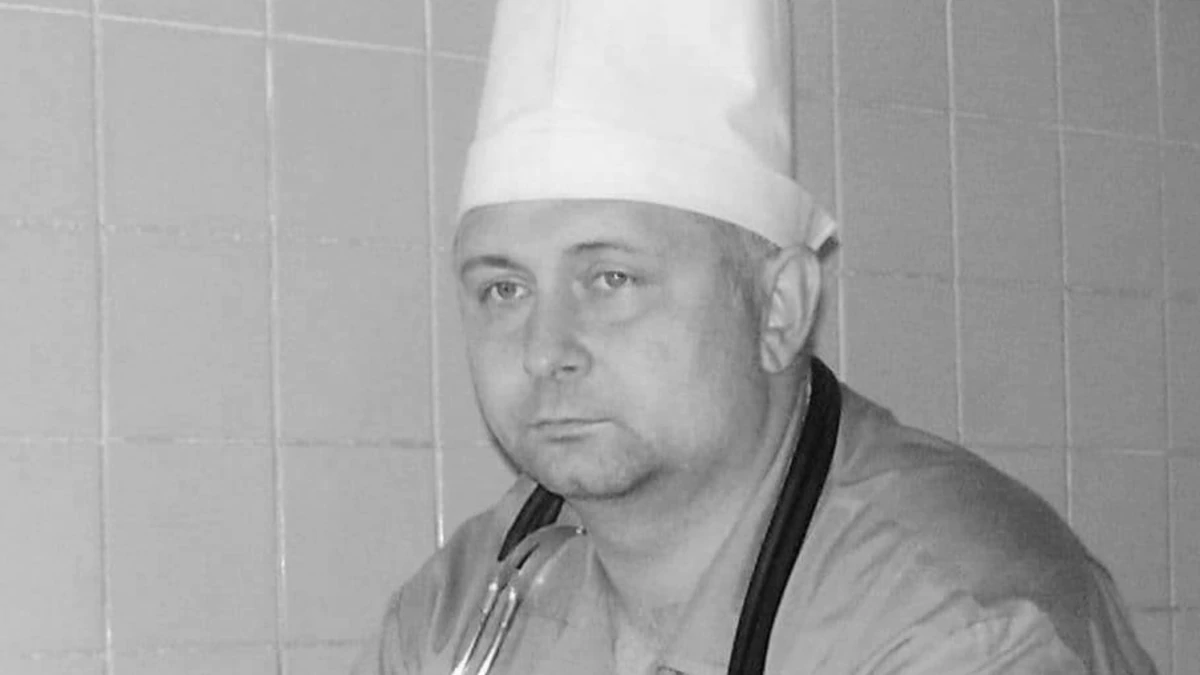
A top doctor at the hospital in Omsk where opposition politician Aleksei Navalny was treated immediately after his poisoning last summer has died, the hospital and regional Health Ministry said on February 4.
Sergei Maksimishin, who was the deputy chief physician for anesthesiology and resuscitation at Omsk emergency hospital No. 1, died in his ward from a heart attack, the press service of the regional Health Ministry told Open Media. He was 55.
Navalny was treated in the same intensive care unit after he was poisoned in August.
The hospital said Maksimishin “suddenly passed away,” according to a statement quoted by CNN. It did not provide the cause of death.
Navalny, 44, was initially admitted to the acute poisoning unit of Omsk emergency hospital No. 1 on August 20 after he became ill on a flight from Tomsk to Moscow.
Navalny was put into a medically induced coma and evacuated to Germany, where he spent five months recovering from the poisoning. Tests in Europe determined that the toxin was from the Novichok family of Soviet-era nerve agents.
Maksimishin did not give any press briefings at the time of Navalny’s hospitalization.
Initially, doctors publicly admitted that the cause of Navalny’s illness was a poisoning, but then denied that it was.
The former chief physician of the Omsk hospital, Aleksandr Murakhovsky, was responsible for communicating with the press while Navalny was a patient there and told reporters that the reason for Navalny’s grave condition was “metabolic disorders.”
In November, Murakhovsky was appointed head of the Ministry of Health in the Omsk region.
Murakhovsky said in a statement that Maksimishin worked at the hospital for 28 years and saved thousands of lives.
“He brought people back to full reality. We will miss Dr. Maksimishin very much. He left too early and because of this the pain of loss is especially bitter,” Murakhovsky said in the statement, which was quoted by CNN.
After returning to Russia last month, Navalny was detained and this week sentenced to nearly three years in prison for violating the terms of his probation on a previous sentence.
His jailing has sparked international condemnation, including from the European Union and the United States.
